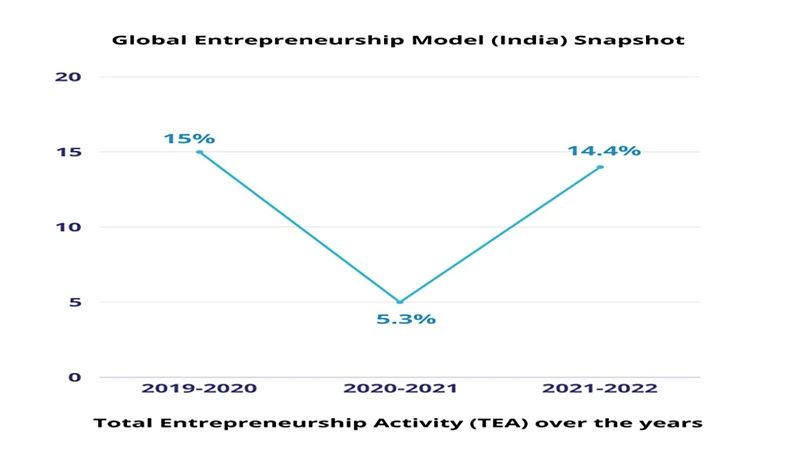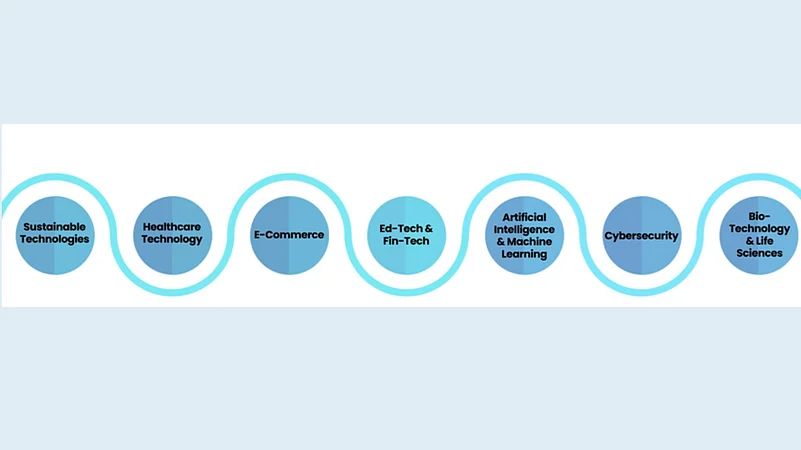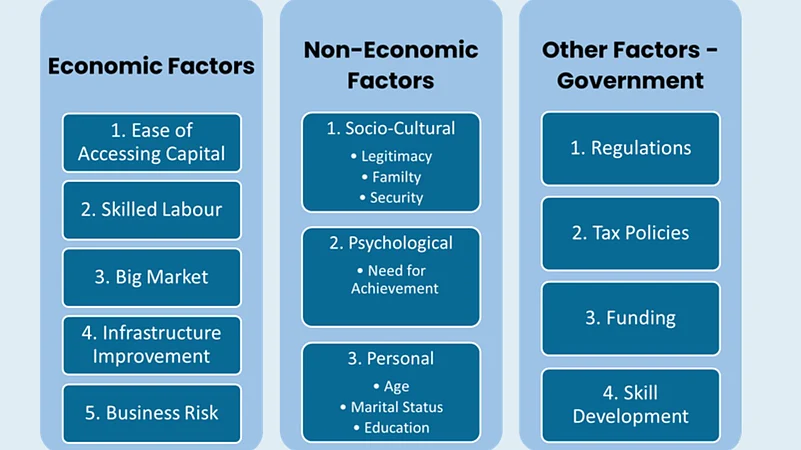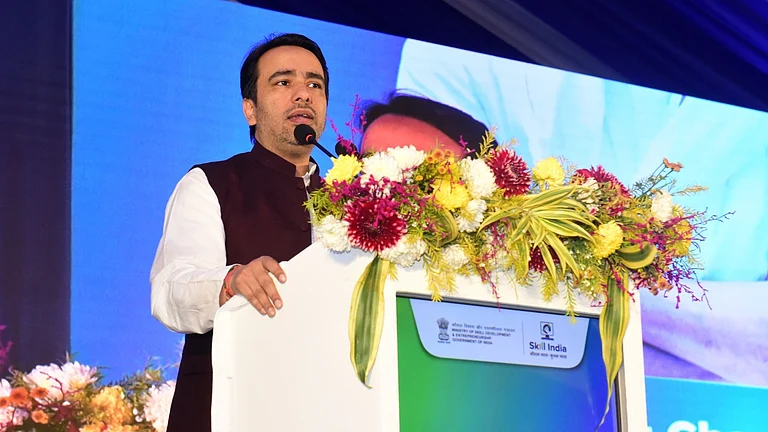“The share of workers belonging to the general (others) category who worked as regular wage employees fell to 26.8 per cent in 2022-23 from 33 per cent in 2018-19, marking a drop of 6.2 percentage points”, according to the annual periodic labour force survey (PLFS) data.
In recent years, the traditional job market has faced numerous challenges- unemployment as a major factor. As a result, many individuals are turning to entrepreneurship as a viable solution. This not only offers an alternative path to employment but also fosters innovation, economic growth, and job creation.
Entrepreneurship, a dynamic concept gaining momentum globally, emerges as a powerful antidote to the persistent challenge of unemployment. Unlike traditional job-seeking, entrepreneurship involves creating jobs, fostering economic growth.
As an effective solution to unemployment, this approach encourages individuals not only to find employment but to actively contribute to job creation, it not only addresses immediate employment needs but also establishes a sustainable framework for long-term economic resilience.

In India, family businesses are at the forefront of driving innovation and economic progress. These enterprises, prevalent across sectors such as manufacturing, textiles, agriculture, and retail, are increasingly leveraging cutting-edge technology and making substantial investments in research and development.
Through entrepreneurship, these ventures play a pivotal role in generating employment opportunities and addressing the prevailing job crisis, thereby contributing significantly to the nation's socio- economic landscape.
This is further reflected in the GEM (Global Entrepreneurship Monitor) report, which a study of internationally comparative primary data on entrepreneurial activity and its related concepts.
As per the report, the Total Early-Stage Entrepreneurial Activity (TEA), after seeing a brief dip during peak covid period has nearly reached to pre-covid times indicating a rise in optimism and self-sufficiency among Indian population.

Going by the trends, the major areas of development in startup industry are sunrise sectors (early-stage, high-potential industries marked by innovation and rapid growth) such as sustainability, technology, healthcare, and education.

The Government of India has implemented several initiatives to bolster entrepreneurship and sustain the momentum of start-up growth. The Start-up India Campaign, Fund of Funds for Start-ups (FFS), and initiatives like Ease of Doing Business and Innovation Support aim to provide financial assistance, reduce regulatory barriers, and foster innovation.
Additionally, the Credit Guarantee Fund, Government Procurement Support, and the National Start-up Advisory Council (NSAC) further enhance the supportive ecosystem for start-ups in India.
Way Forward
In conclusion, the global shift towards a start-up culture driven by entrepreneurship is expected to generate a surge in employment opportunities.
This anticipated rise encompasses an increase in private sector jobs, the emergence of niche roles enhancing overall employability, and an expansion of diverse sector employment, thereby contributing substantially to the reduction of unemployment rates.
Authored by Chandra Shekhar Singh, Director, Posterity Consulting































